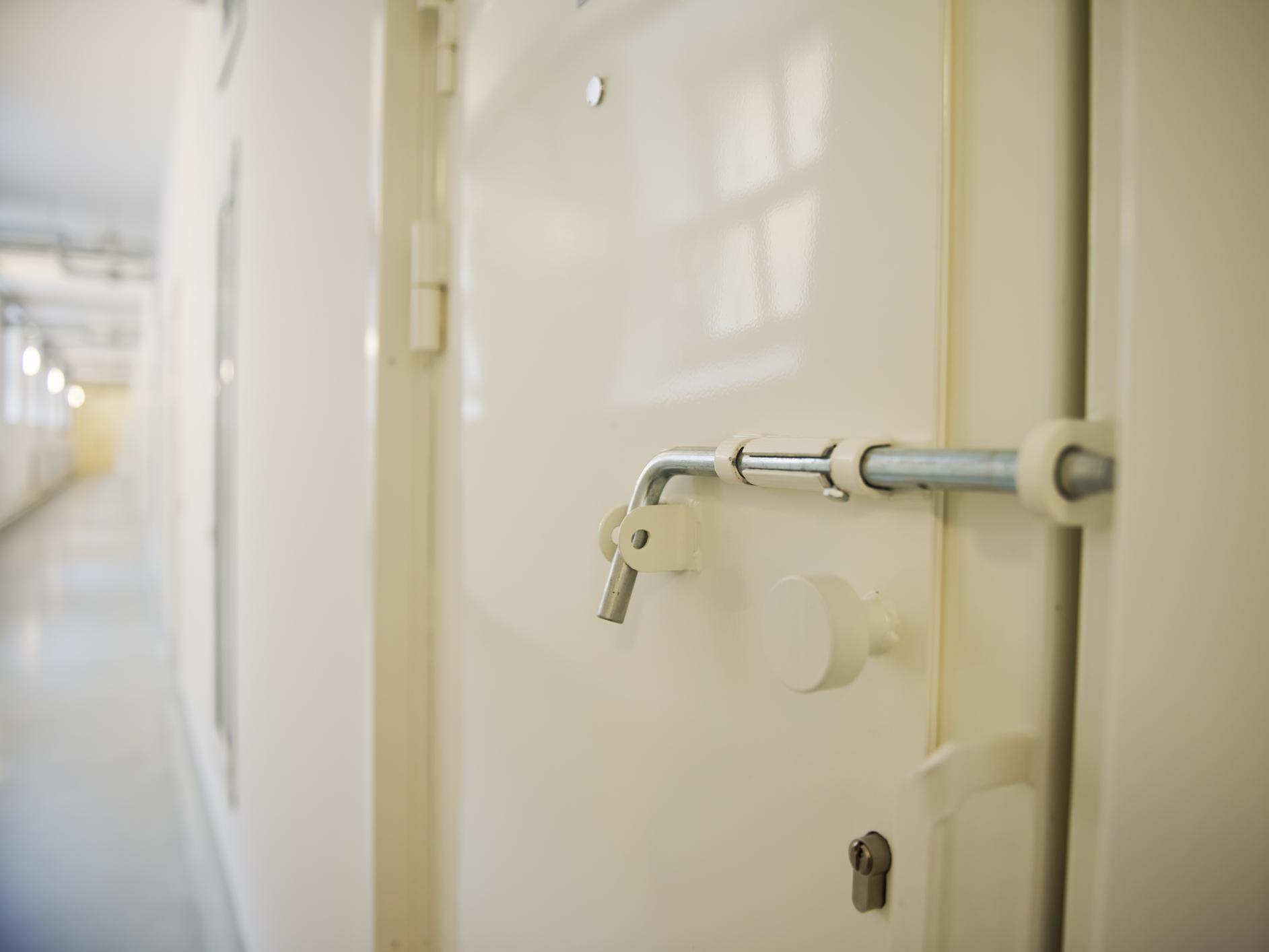Prisons are using coronavirus to roll out mass solitary confinement
The system is an abusive and violent structure. We need to find the courage to imagine a radically different one that is predicated on restoration and healing, writes Ashish Prashar


The plight of prisoners in the wake of coronavirus has been concerning human rights activists across the globe since the pandemic began to spread like wildfire. Already commonly employing the use of solitary confinement – described by the UN as a kind of torture – prisons are a hotbed for cruelty and inhumane treatment. Covid-19 has acted as an accelerant in this already dangerous situation.
In the UK, the response to the threat of the pandemic in prisons was swift: prisoners were to be kept isolated from both each other and visitors, losing access to activities like the gym, the library, religious worship or any kind of social activity. According to a Commons committee, the UK prison population has essentially been in solitary confinement for almost four months. This may have spared the UK prison system from seeing the kind of deaths and illness levels many of us feared, but it has enabled a doubling down of already harsh treatment of prisoners. And as we swelter through August, likely hitting 36C this week, prisoners confined to cells for dozens of hours at a time will be unable to cool off outside thanks to their ongoing lockdown, while the rest of the UK flocks to pub gardens in what is a blatant double standard.
Covid-19 has, in many walks of life, given us a chance for reflection and to decide what needs to change. The Black Lives Matter movement has, for example, brought together from the corners of the world to face up to the persecution of black people and to demand radical change. In prisons, though, the opposite is happening. The unsafe conditions caused by over-enthusiastic incarceration, crowding, understaffing and lack of training and development for both staff and incarcerated people have meant that not only are prisons embedding these harsh tactics as part of daily reality, but they are claiming this is a safer system overall for prisoners, who feel "protected" from violence from fellow inmates.
Feeling "safer" by being subjected to a form of mental torture does not reflect that isolation is a fair or effective way to rehabilitate people, what it does show is the full extent of the misery of the prison system as it currently exists. Children in their most important developmental years are being confined for 23 hours a day. A period of isolation of 15 or more days has been proven to cause permanent mental health damage too, especially among vulnerable groups. Despite this, it is commonly used in prisons as both a punishment within a punishment, or as a "safety" measure.
International bodies, including the World Health Organisation, the United Nations, and others have recognised solitary confinement as greatly harmful and potentially fatal. And yet, even under normal circumstances, prison officers have broad discretion to subject people to it for prolonged periods of time, even for minor misbehaviour. It's exactly this sort of discretion that allows overt and implicit bias to corrupt the disciplinary process.
The prison system is an abusive and violent structure. We need to find the courage to imagine a radically different one that is predicated on restoration and healing. Solitary confinement is not supposed to help rehabilitate, enable reform or educate. It is merely an embedding of the loss of human rights experienced by incarcerated people, who are not taught to emerge as law-abiding citizens from prison but are subjugated and dehumanised. A starting point we must consider when moving towards a compassionate justice system is banning isolation for over 15 consecutive days in any circumstance, as they have in Colorado in the US.
Crucially, the government also must ensure that any form of solitary confinement is banned for young people under 21, over 55s, pregnant women and those in postpartum recovery or individuals with disabilities and chronic mental illnesses. Young people and children are going through huge developmental changes, and isolation can cause permanent psychiatric effects and symptoms. It can increase the risk for older incarcerated people to develop, and exacerbate, chronic health conditions like Alzheimer’s or heart disease. Pregnant women experience increased risks of miscarriage, pre-term labour and low birth weight in babies – and it creates a huge barrier to access to prenatal care. For women in postpartum recovery, it can increase the risk of developing full-blown postpartum depression. Those with disabilities or mental illnesses are incredibly vulnerable to the negative effects of solitary and are a part of the population currently over-represented in our prisons.
For anyone, isolation compounds any existing social anxieties. It also institutionalises them further, making it harder for them to make a positive re-entry into society once the justice system spits them back out again. The world of the future must be one in which solitary confinement is not used as a weapon against our own civilians.
The pandemic should have been the incentive to release the majority of incarcerated people, who are clearly not a threat to society and support them into healthy roles in society; instead, it is currently being used as an excuse to confine prisoners to their cells indefinitely.
The government needs to act immediately to release vulnerable people and we need to acknowledge that all people are worthy of care. Often, mistakes come from lack of relationship, housing, food or other unmet needs. It’s time we let compassion take the place of cruelty in the justice system. Not based on "prison" and isolation but on the duty of care to every individual in our society.
Ashish Prashar is a justice reform campaigner who sits on the Board of Exodus Transitional Community, Getting Out and Staying Out, Leap Confronting Conflict and the Responsible Business Initiative for Justice
Join our commenting forum
Join thought-provoking conversations, follow other Independent readers and see their replies
29Comments